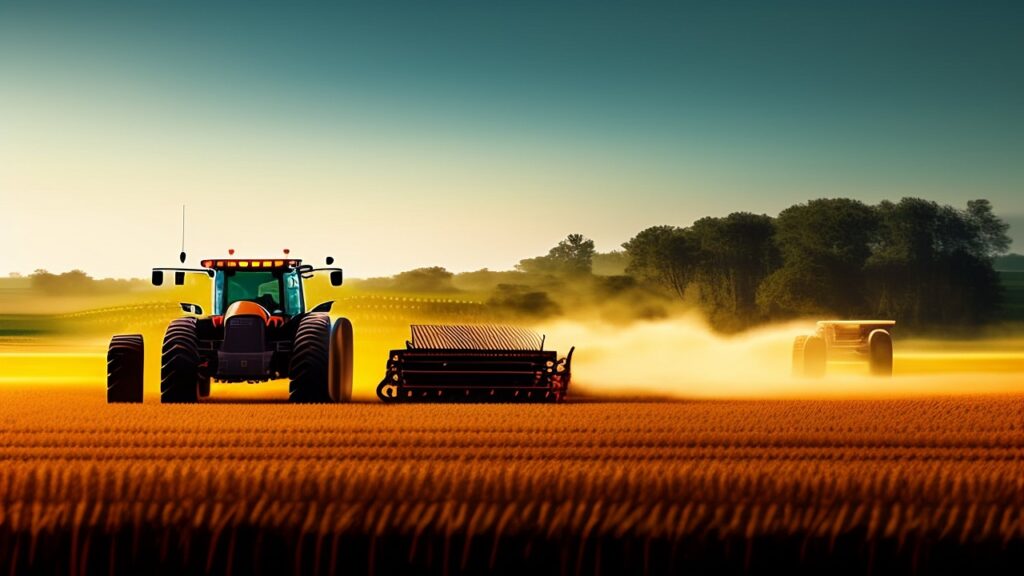In the vast fields that stretch across the heartlands of our planet, a quiet revolution is taking place. Agriculture, an age-old industry deeply rooted in tradition, is undergoing a profound transformation driven by the relentless advance of digital technology. This metamorphosis is encapsulated in the burgeoning realm of agricultural software, a technological wave aptly named Cultivating Tomorrow. At the core of this digital evolution is a fusion of data-driven insights, machine learning algorithms and smart automation. Farmers, once reliant on centuries-old farming practices passed down through generations, are now equipped with cutting-edge software tools that provide a panoramic view of their fields. These tools harness the power of big data to analyze soil health, predict weather patterns and optimize crop yields. Precision agriculture has become the mantra, with every seed sown and every acre cultivated guided by the precise algorithms of agricultural software.

One of the key pillars of this digital transformation is the Internet of Things (IoT). Smart sensors are embedded in the fields, collecting real-time data on soil moisture, temperature and crop health. Drones soar above, capturing high-resolution images that are translated into actionable insights. This real-time data stream allows farmers to make informed decisions promptly, reducing waste and maximizing productivity. Fields are no longer just plots of land; they are interconnected ecosystems of data, where every byte informs the farmer’s choices. Moreover, the integration of artificial intelligence (AI) has elevated the predictive capabilities of agricultural software to unprecedented levels. Machine learning models, trained on vast datasets, can forecast disease outbreaks, identify pest infestations and even predict crop yields with remarkable accuracy. This predictive prowess enables farmers to implement preventive measures, thereby safeguarding their harvests and increasing overall sustainability.
In the domain of crop management, agricultural software acts as a virtual agronomist, offering personalized recommendations to farmers. From optimal planting times to customized fertilization schedules, these software solutions leverage a deep understanding of agricultural science and local conditions. Farmers, irrespective of their experience, can access this wealth of knowledge through user-friendly interfaces, democratizing expertise and empowering even the smallest farms visit the website. The impact of Cultivating Tomorrow extends beyond the individual farmer to the entire agricultural supply chain. From suppliers to distributors, every link in the chain benefits from streamlined operations reduced waste and increased efficiency. This not only translates into economic gains but also contributes to a more sustainable and resilient food system capable of feeding a growing global population. As we witness the rise of Cultivating Tomorrow, it becomes clear that the fields of the future are not just tilled with plows and sowers; they are cultivated with lines of code and algorithms. The software pioneering agriculture’s digital transformation is sowing the seeds of a new era, where technology and tradition harmonize to yield a more productive, sustainable and resilient agriculture landscape.